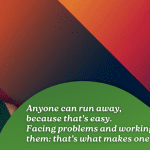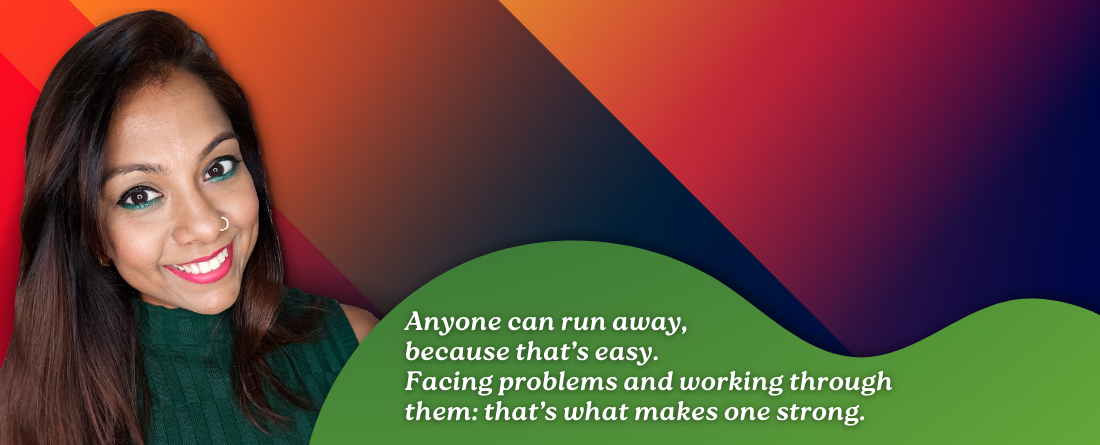Since 1 July, academic staff at OUM’s four faculties as well as its staff in Digital Services and Centre for Learning Technology have had the option to swap their daily commute for the comfort of their home office. This shift offers a tantalising promise: more time for office work, without having to travel to the university.
As a member of the Faculty of Technology and Applied Sciences and the Programme Director of the Doctor of Nursing programme, I welcome this initiative, as it enables me to cut travel time, which can be better used to focus on my teaching and research efforts. I find it interesting that we don’t need a pandemic to reap the benefits of working from home.
A Malay Mail report earlier this year revealed that over half of Malaysian employees clock overtime at least once a week, with a shocking 15% doing so daily. This relentless pursuit of productivity comes at a steep cost: employee well-being.
The government is increasingly aware of this issue. Recognising the potential benefits of remote work for both employees and employers, policies are being put in place to encourage this shift.
Challenges and Opportunities
Working from home can be a double-edged sword. On one hand, it offers flexibility and the potential for a better work-life balance. On the other, it presents new challenges such as setting boundaries, creating a suitable workspace, and combating feelings of isolation.
Malaysian culture, deeply rooted in family values, adds another layer of complexity. While home can be a sanctuary, it’s also a place where family life unfolds. Finding the right balance requires careful planning and discipline.
Creating a Win-Win
Success in remote work hinges on collaboration between employers and employees. Companies must foster a supportive culture, providing clear expectations, regular communication, and opportunities for virtual interaction. Investing in employee well-being, including mental health resources, is essential.
For individuals, setting boundaries is paramount. Establish clear work hours and resist the temptation to overwork. Prioritise tasks, take regular breaks, and make time for relaxation and family.
Shaping the Future of Work
The future of work is undoubtedly hybrid, blending the best of office and remote environments. By embracing this shift and implementing strategies to support both employees and organisations, Malaysia can create a more productive, healthier, and happier workforce.









